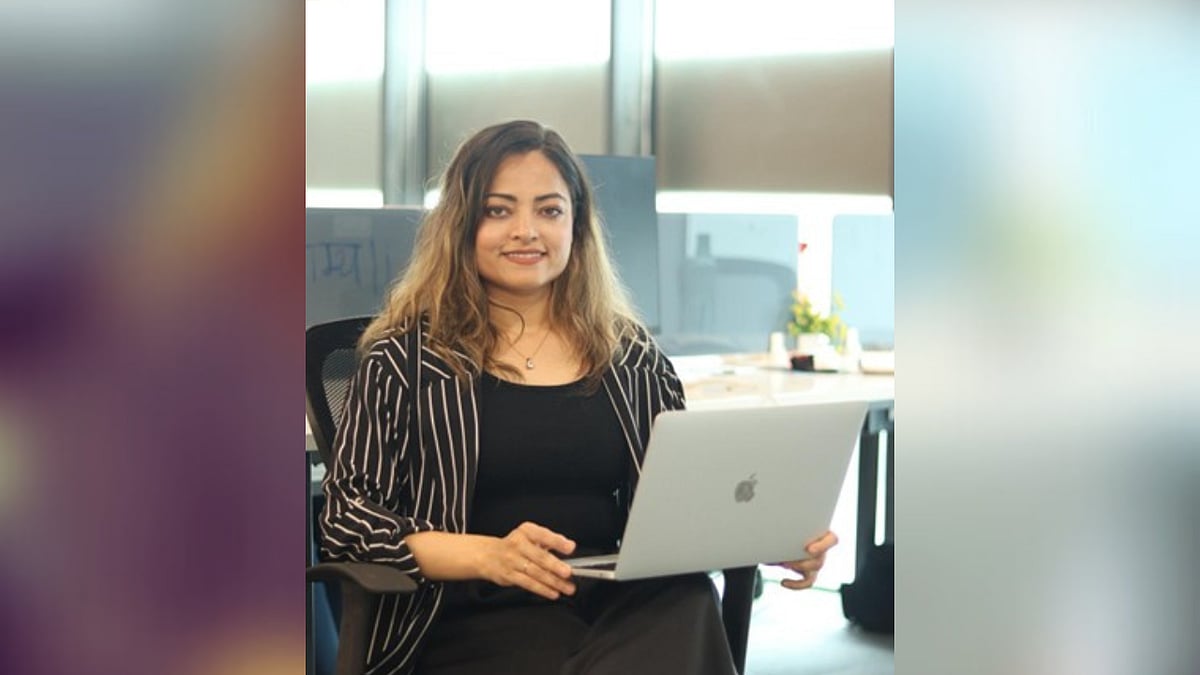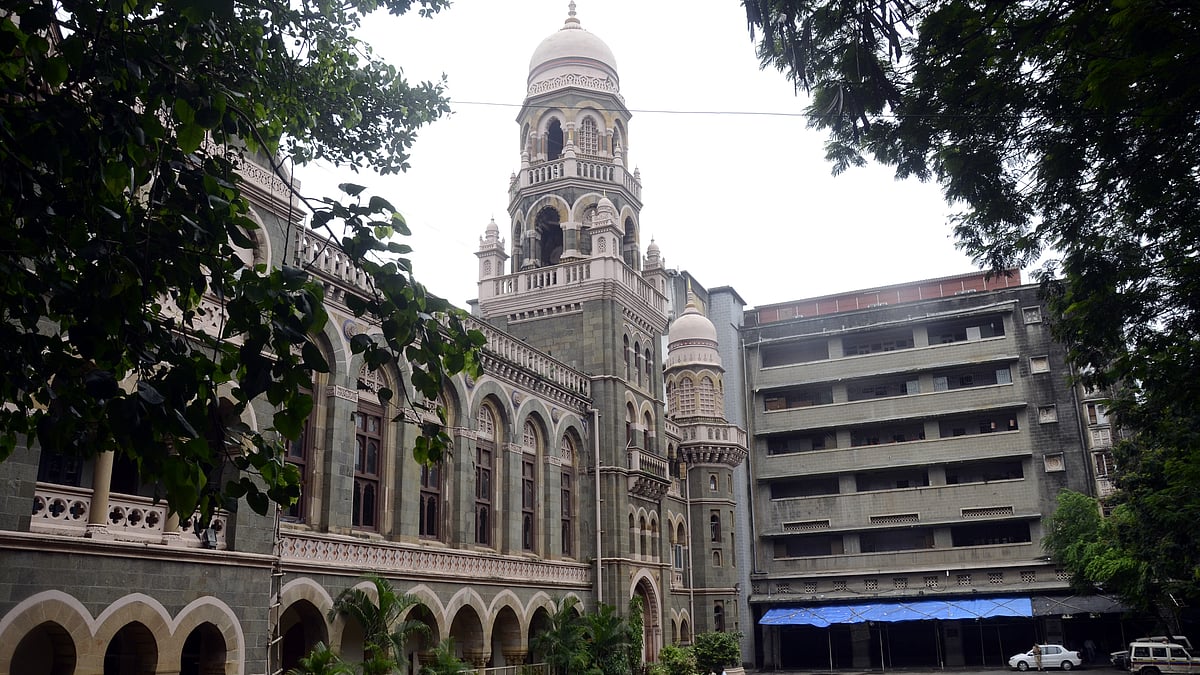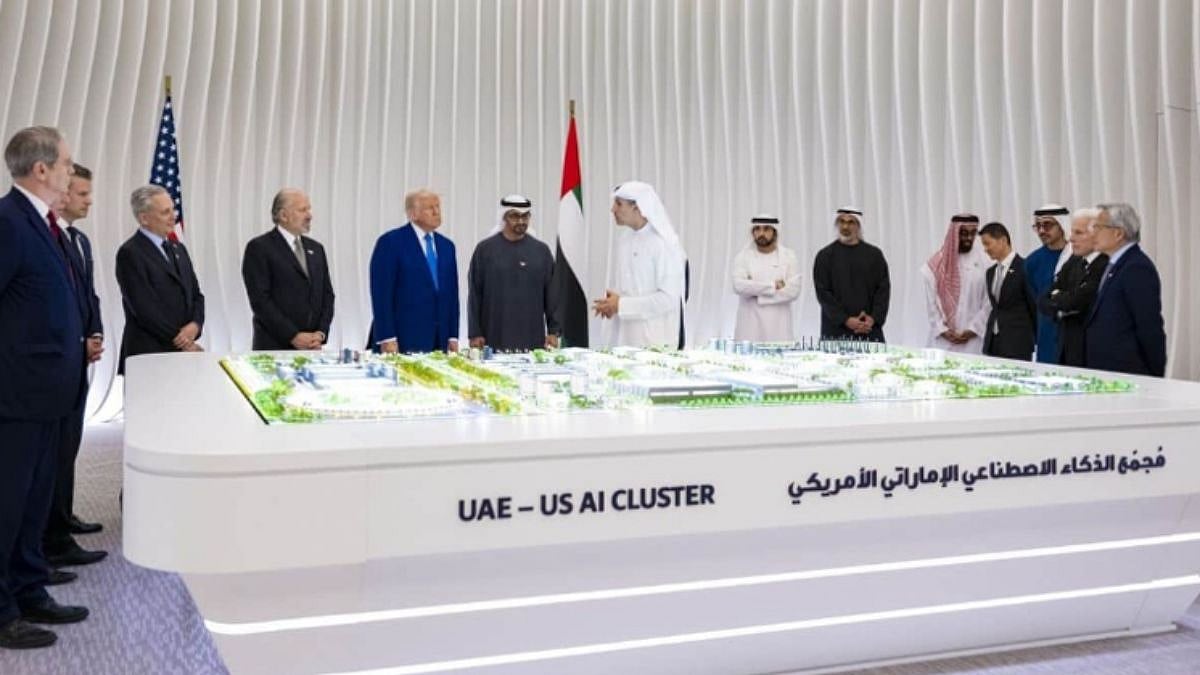In today’s rapidly shifting software landscape where digital systems must deliver dependable performance to millions of users very few professionals have shaped the evolution of intelligent automation as meaningfully as Himani Singhai. A U.S.-based Software Engineer in Test, Singhai has emerged as one of the most influential voices in AI-driven quality engineering, known for building high-scale automation systems, contributing to global research standards, and influencing the direction of next-generation testing technologies.
With nearly a decade of work behind her, she has cultivated a multidisciplinary profile that bridges enterprise engineering, scientific research, and innovation leadership. Her portfolio includes machine-learning–enabled automation frameworks, widely referenced scholarly publications, high-impact IEEE and Elsevier peer review work, judging responsibilities for ACM hackathons, and recognition as an invited speaker at the upcoming IEEE-affiliated ICCTRDA 2025 conference. Collectively, these contributions reflect the depth of her expertise and her growing international reputation.
A Leader Working Across Engineering, Research, and Innovation
Unlike many engineers who remain anchored in either industry or academia, Singhai has established a presence across both realms. In her current role, she designs intelligent, resilient test infrastructure for large-scale digital platforms systems built to self-optimize, predict failures, and maintain reliability under continuously evolving product environments.
What distinguishes her work is not only technical quality but the breadth of her influence. She has contributed to improved global testing practices through:
39 scholarly peer reviews for IEEE and Elsevier
Multiple peer-reviewed publications on AI-enabled automation models
Invited technical speaking engagements
Judging responsibilities for ACM hackathons
A winning role in a Techstars Startup Weekend team
These achievements position her among a select group of experts shaping the future of intelligent test automation an area increasingly vital as organizations confront complex architectures, distributed systems, and the need for near-real-time reliability.
Raising Global Standards Through IEEE & Elsevier Peer Review
One of Singhai’s most far-reaching contributions is her extensive peer review work for IEEE and Elsevier, both of which rely on domain specialists capable of evaluating advanced research.
Through 39 reviews, she has assessed manuscripts covering topics such as:
Machine learning for modern QA systems
Autonomous and AI-led testing methods
Predictive techniques in DevOps
Failure forecasting and maintenance strategies
Architectures for scalable test systems
Digital reliability engineering models
Peer review at this level is highly selective. It requires a deep understanding of emerging technologies and a firm grasp of research methodologies. Her evaluations help maintain scientific rigor and directly shape the direction of global innovation by determining which findings enter the academic and professional community.
Her role as a reviewer underscores the trust placed in her expertise and her ability to critique complex, forward-facing work with precision.
Publications That Influence the Direction of Quality Engineering
Alongside reviewing, Singhai has also authored impactful scholarly contributions. Her publications explore core themes in the future of software quality, including:
Self-healing automation frameworks
AI-based predictive failure detection
Intelligent cross-browser automation
Ontology-driven testing models
Device-level optimization and CPU-aware testing
Large-scale automation architecture
Her widely discussed paper on self-healing automation offers a clear, practical articulation of how AI can autonomously repair broken tests, optimize locators, and improve overall system reliability. While she clarifies that she did not originate the concept, her work has helped modernize it and situate it within today’s CI/CD ecosystems where intelligent recovery capabilities are becoming essential.
Her publications are frequently referenced by practitioners, researchers, and students developing AI-driven QA systems.
Invited Speaker at IEEE-Affiliated ICCTRDA 2025
In 2025, Singhai will deliver an invited session at the IEEE-affiliated ICCTRDA International Conference, a recognition typically granted to contributors whose work demonstrates both relevance and technical authority.
Her talk, “AI-Driven Autonomous Test Automation: Predictive Intelligence for Modern Engineering Teams,” will examine:
ML-based risk scoring
Adaptive test generation layers
Automated repair systems
Intelligent orchestration models
Forecasting mechanisms for failure-prone areas
Her invitation reflects acknowledgment from global research committees and positions her as a voice whose insights can guide engineering teams as they adopt AI-led testing approaches.
Empowering New Innovators Through ACM Hackathon Judging
Singhai also contributes to the broader engineering ecosystem by serving as a judge for ACM-affiliated hackathons. Here, she evaluates teams on:
Conceptual innovation
Architectural scalability
Technical depth and reliability
Strength of automation and testing
Real-world feasibility
Her participation demonstrates both trust in her technical judgment and recognition of her balanced industry research perspective. Hackathon organizers often seek judges who understand both cutting-edge research trends and practical engineering constraints an intersection where Singhai excels.
Recognized at Techstars Startup Weekend
Her drive for innovation extends into entrepreneurship. Singhai played a key role in a Techstars Startup Weekend winning team, contributing to rapid solution design, user-focused development, and scalable architecture.
Winning at Techstars is widely seen as a marker of creative ability, technical decisiveness, and leadership potential in time-constrained, high-pressure environments.
Engineering Contributions That Strengthen Reliability at Scale
Within industry, Singhai has delivered tangible, measurable improvements to automation ecosystems and product reliability. Her work includes:
1. Self-Optimizing Automation Frameworks
Systems designed to minimize flaky tests, stabilize UI/API layers, and maintain consistent behavior across product iterations.
2. Predictive Failure Identification
ML-driven models that analyze patterns and dependencies to detect issues before they impact releases.
3. Dynamic Regression Intelligence
Methods that prioritize test runs based on code changes, dramatically reducing CI/CD cycle times.
4. Cross-Platform Reliability Enhancements
Frameworks that ensure stable, uniform performance across browsers, devices, and operating systems worldwide.
5. Maintenance and Automation Debt Reduction
Approaches that eliminate redundancy, improve locator accuracy, streamline retries, and reduce long-term overhead.
Teams adopting her strategies have consistently reported:
Faster deployments
Reduced test noise
Higher infrastructure stability
Greater engineering confidence
Improved collaboration across development groups
Her work ultimately strengthens the digital experiences of countless end users.
A Respected Voice Guiding the Future of Automation
Singhai’s influence spans engineering, academia, and innovation, supported by a record that includes:
High-volume peer review work with IEEE and Elsevier
Invited speaking roles at international conferences
Peer-reviewed scholarly publications
ACM hackathon judging
Recognition through Techstars
Proven industry impact on automation reliability
Growing global visibility in AI-led QA research
Colleagues describe her as a thoughtful, research-driven engineer who can translate complex scientific ideas into practical, scalable solutions.
Defining the Next Era of Intelligent Testing
As the industry continues its shift toward AI-first development pipelines, Singhai’s contributions are increasingly central. Her work spanning scholarly research, peer review, innovation leadership, and engineering delivery helps define how organizations will approach automation, predictive reliability, and intelligent decision-making in the years ahead.
With continued research output, upcoming speaking engagements, and ongoing contributions to the global engineering community, she remains a key figure shaping the future of AI-powered test automation. Her career reflects technical excellence, sustained impact, and international recognition qualities that characterize the most influential engineers of the modern era.









